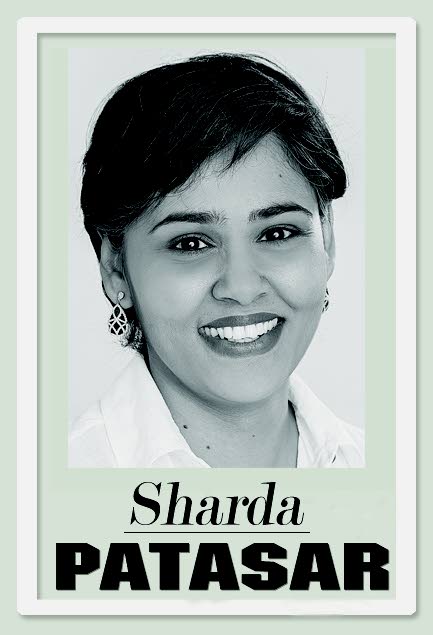How I Write

Last week’s column wrestled with presenting a case or, to be more accurate, thinking about the value of a humanities education in the context of my own thinking and writing. I wrestled with the idea because I was attempting to avoid placing myself in the story thus presenting what I might describe as a rather dense, lifeless narrative which I would like to tweak during the course of this column. Attempts at generalisation often hide an identity so this week I jump straight into the issue.
I am not, unlike many of our very talented writers, a "published" writer in the general sense of the word. The "man-on-the-street" vision of the writer ranges anywhere from JK Rowling and George R R Martin nowadays to VS Naipaul and Edwidge Danticat in the literary world (although the literary world is further off from the street than is the Game of Thrones. I, however, still use it as a reference). I can say published if one were to consider my academic papers thus far published, but, in the popular imagination, this accounts for research rather than "writing." And so one is faced with the complicated nature of definitions. I will say however, that I write and so to answer this question of: “Where do you get the ideas from?” “You write differently, I’m curious,” I contemplate.
To be honest, I have no answer to the question except to say that this is not only about writing. It is about thinking.
Like most artists, I create and leave it up to the audience to decide on its fate. If the views here seem different it is because they are attempts to stand on my hands or on my side to look sideways, upside down, whichever position allows me the better vantage point.
If my writing is fragmented, as someone once described it, it is because this is my natural thought process, not something learnt. It is what I might have described once as an alienating way of being, leading me down paths that led to severe disagreements with others. I continued, however, in my learning for there is nothing more exciting than finding a new piece to the puzzle that makes it more whole. My work pulls from disparate experiences and sources because everything is interconnected in my world.
Every discipline works on particular concepts. It was during my doctoral work that I suddenly realised one day, after months of grappling with theory: "Wait! These theories are simply a way of interpreting the world, time, space, consciousness." I remember exactly where I was sitting when this simple but profound thought came to me.
Philosophy originates out of this drive for meaning. Various schools of thought are offerings that say "consider this another way". That they originated in different nations at a specific time by particular thinkers gave them their particular quality and direction. Knowing this equips us to read histories, literary works, films, art with an openness to difference.
Earlier this week, I said to a friend, unsure about what I was feeling at the time, tossing my head this way and that, “I firmly believe that I was a queen in my last life and in this life I got demoted and made to suffer because I didn’t treat my people well.”
She burst out laughing and asked, “How did you come up with that?”
“I don’t know. It’s a feeling,” I said, off-handedly.
“And you think it is suffering? Not because you are living your life fully and having life experiences that are normal rather than living a safe, sheltered life? Nope, you are suffering instead,” she said in a sarcastic tone.
I laughed and hugged her.
“See, this is why I like you! That sarcasm! You are right. I am thankful for the experiences.”
"Aha! See, you should be," she replied, smiling.
This conversation of course had a context that brought me to the idea of royalty, which I won’t get into. The incident is an anecdote, however, a medium through which to say that our beliefs about punishment, success, failure shape our philosophy of life. But our beliefs can be reshaped by experiences that reinforce a constant awareness of our incompleteness. Therein, I believe, rests the driving force of my thought and method – the movement towards my own completeness.
VS Naipaul is said to have shut off all media and interest in other works when writing a book. I believe that approach allowed him to listen to his own thoughts, not to be influenced by the currents of the day. It was an immersive technique, a method through which he afforded himself the opportunity to write with the awareness of the creative mind that constantly investigates angles, knowing fully well that it can present only a fragment of the whole.

Comments
"How I Write"